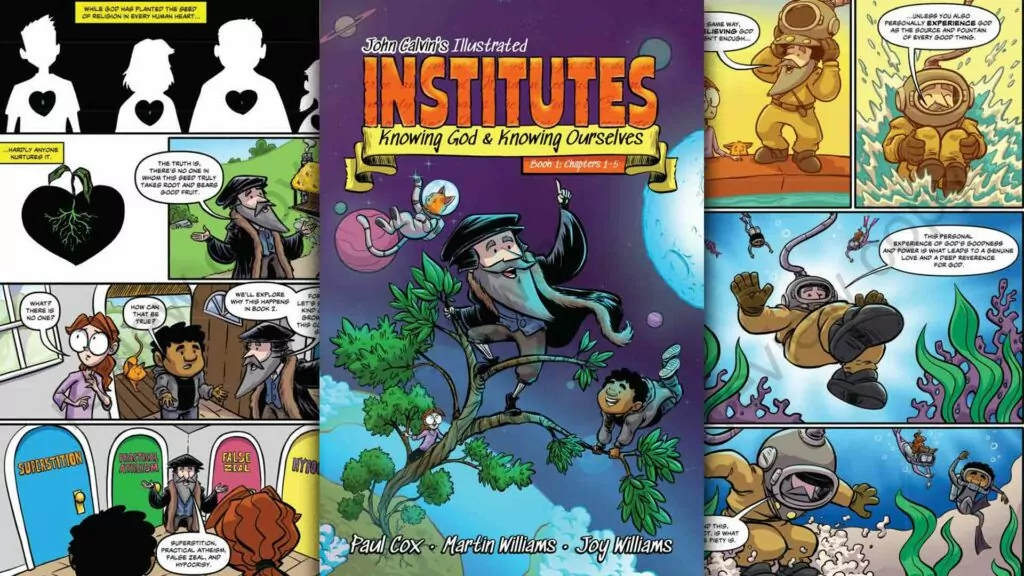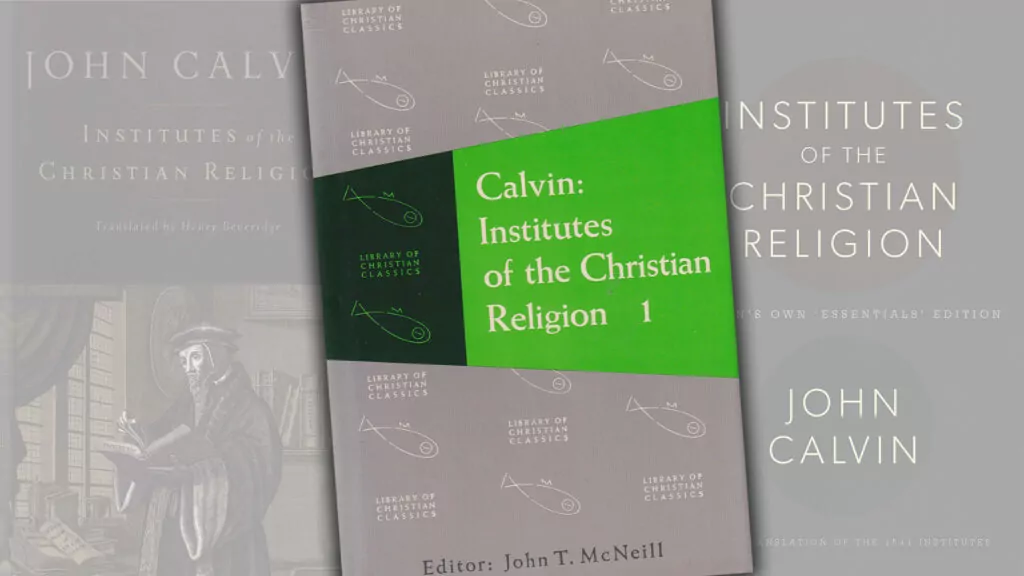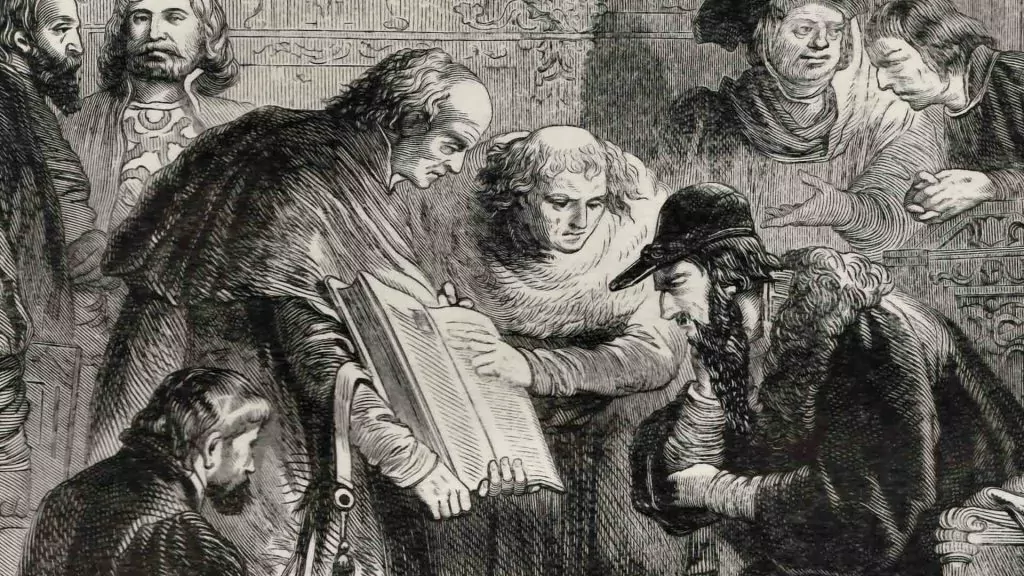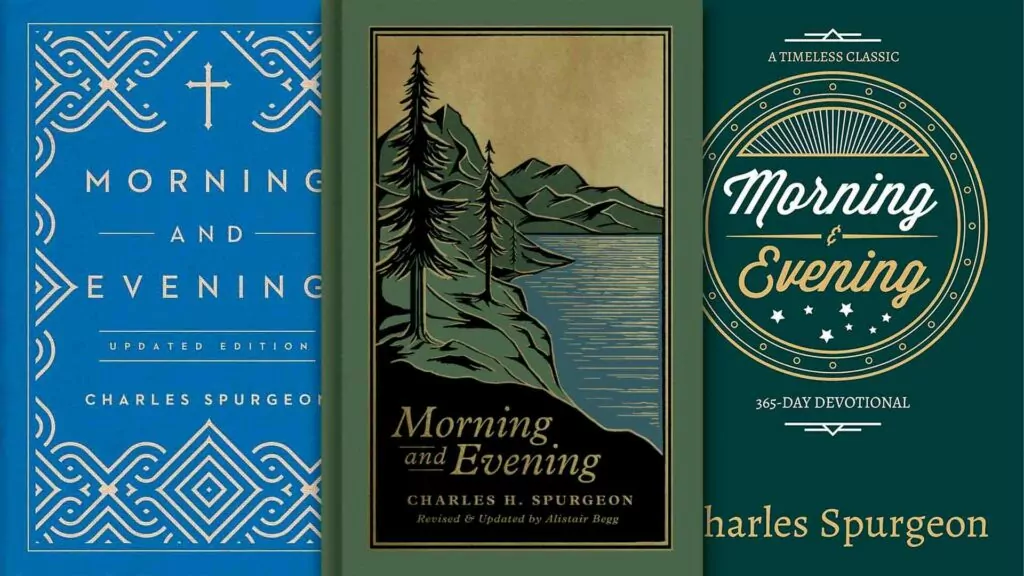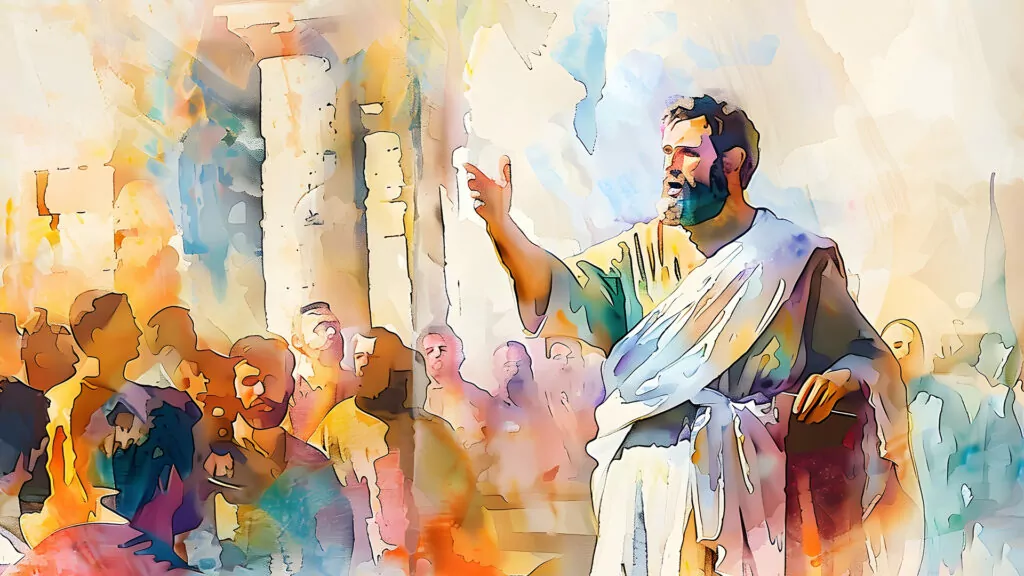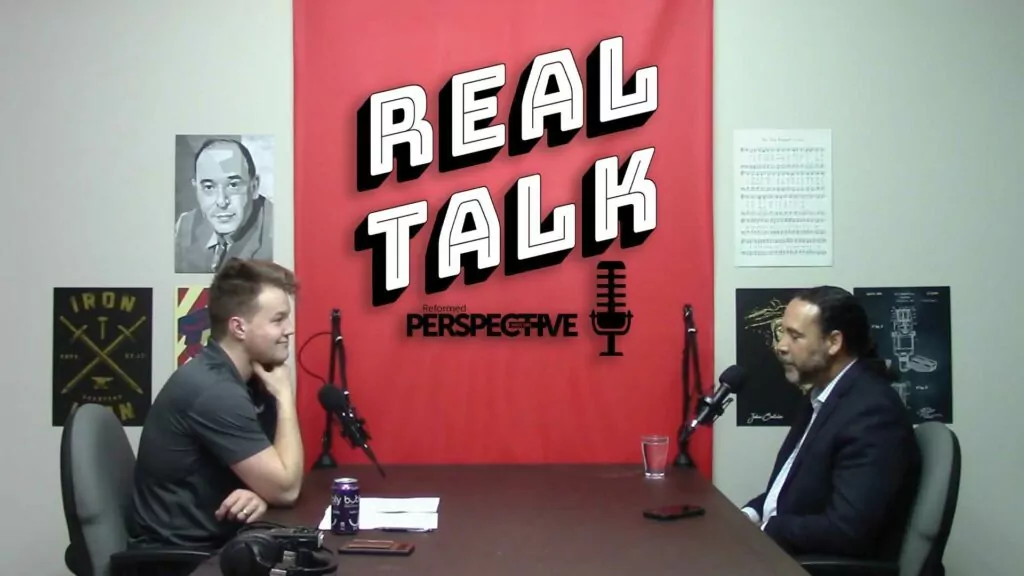
RP’s 10-day screen-fast challenge is going nationwide July 21-30
If you want to register for the July 21-30 nationwide challenge click here. If you want to learn more about why you should consider it, including some tips on how to go screen-free for 10 days, read on!
*****
How many times are you scrolling on your phone or tablet each day? Do you have any idea? What pulls in your children most: books, games, physical activity, or a screen?
Christian homes, including seniors, aren’t immune from the addictive nature of screens. Although screens and digital technology can be a great blessing, we have a very hard time keeping them in their proper place. But we want what should be our priorities – family, friends, and faith – to remain our priorities, don’t we?
So enough talk. It’s time to act!
The challenge
Are you, or is your family, willing to go 10 days without screens and/or social media? Do you have the ability to function without them? It is one thing to say so, and another to do it.
A 10-day social media and screen fast will open your eyes to the power that our devices have on our lives, and on our family’s lives. It will provide a window of time to experience what life is like without them. This break can also provide a fresh opportunity to very deliberately decide how you and your family will utilize these devices moving forward.
It may be fun to invite another person or family to do this with you. If you are willing to give this a try, encourage your friends, care group, or others to do the same.
Nationwide July 21-30
You can start any time you like, and there's no better time than now. But we're also trying to generate some positive peer pressure by having a nation-wide screen-free challenge for July 21-30. We can all do this together at the same time!
Some generous supporters have recognized how important this issue is, so for the July challenge they are offering up a little extra motivation for us all. They have pledged to donate $10 per day for every day you manage to go screen from from July 21-30. The money will be split between two fantastic kingdom causes – Reformed Perspective and Word & Deed – to a maximum of $20,000 split between both causes. Go all 10 days, and that'll be $100 donated. Go just 8, and it will still be $80. If you manage just 1 or 2 days that will still be $10 or $20 donated... and a hard lesson learned on dependency. How long can you go? If you don't think you can, isn't that the best reason to try?
A few tips
- Commit. Don’t allow yourself to make easy exceptions, even if you are having a hard day. For example, just because you are at someone else’s home doesn’t mean you can enjoy screens again.
- If your fast includes screens, but you still need screens for basic functions that are essential, ensure that you are only using your tablet and phone for those functions. For example, if you need a phone for directions, don’t take the opportunity to scroll the news. If you need a computer at work, or to write a report for a committee you are on, don’t let yourself go to other websites or play an online game.
- Turn your devices off and hide them. Take the TV off the wall. Make them difficult to access.
- Log out of your social media accounts so that it isn’t easy to open them.
- Move the icons of your apps so that the social media apps (including YouTube) are hidden.
- Come up with a plan: whenever you find yourself wanting to reach for a screen or open your social media, what will you do instead? It doesn’t have to be hard. Perhaps say a prayer, take a drink of water, try to memorize a verse (keep some verses on a piece of paper in your pocket), do a set of 10 jumping jacks, or read a couple of pages of a book you’ve been meaning to get to.
- Have alternatives waiting and ready for you and your children: books, magazines, art supplies, a soccer ball, a walk to the park, etc.
- Invite accountability: let loved ones know what you are doing, and ask them to check in on you regularly to see how it is going. Tell them not to let you off the hook!
- Don’t read this and conclude a screen-fast challenge is only important for youth or young adults.
- Be sure to check out our article "What can I do anyways? 35 screen-free alternatives."
You can register for the July 21-30 nationwide challenge here.
The results
We would love to hear how this goes for you and what impact it had on you and your family. Please send the editor a note.
Or send us a good ol’ fashioned letter via
Reformed Perspective
Box 3609
Smithers, BC
V0J 2N0
We look forward to hearing from y’all, and sharing the results!

News
Saturday Selections – July 12, 2025
Josiah Queen's "A Garden in Manhattan"
On the crowded streets,
all the people that I see
Want them to know the Jesus that I know
If I'm the closest thing to a Bible that they read
Let the words they read be what You wrote
Father, help me to go
I'll be a garden in Manhattan,
be a river where it's dry
When my friends can't find the road,
I'll be a roadside welcome sign
Sunshine in Seattle,
be a cool breeze in July
Light in the darkness
I'll be a garden, a garden in Manhattan
Florida after dark,
I know it ain't quite Central Park
There's souls in my hometown You wanna reach
Oh, God, use me where You have me...
Climate hypocrisy tells us what the elites really believe
When global warming proponents like Oprah Winfrey, Bill Gates, and Jeff Bezos all jet off to an exotic locale to celebrate a wedding, you can know they aren't really worried about CO2 hurting the planet... or they wouldn't fly a hundred jets to a party. And as this article explains, EV cars are another hypocrisy gauge. They might make sense in some instances, but if they are being pushed whether they help lower CO2 emissions or not, then you know this is about show, not substance. As Bjorn Lomborg writes:
"In some parts of the world, like India, so much of the power comes from coal that electric cars end up emitting more CO₂ than gasoline cars...."
Now, to be fair, Lomborg himself is worried about global warming. But, as he highlights, the actions most governments take are not what would be needed to solve the issue if it did exist.
Parks Canada staff privately doubted Kamloops "graves" claim
“$12M spent by @GcIndigenous to find purported 215 children's graves at Indian Residential School was instead spent on publicists & consultants with no graves found to date...”
The legacy media is betraying Canada (10 min. read)
Soviet Union President Nikita Khrushchev is credited with saying, "The press is our chief ideological weapon." In contrast, US President George H.W. Bush is said to have said, "We need an independent media to hold people like me to account.” The dictator wanted to own the press so the government could use it to direct public opinion, while the US president touted the need for a press independent of government so it could hold those in power to account.
Our Canadian government spends massive amounts of money funding the country's largest media outlets, and these outlets not only don't denounce the proposition, but take the money. That tells you a lot about which direction our media is heading.
While readers likely won't mind this article's anti-Liberal Party bias, some might be put off by just how loud it is. But read it anyways for the money trail.
The Scopes Monkey Trial is 100 years old!
In 1925, a Dayton, Tennessee high school teacher named John Scopes was put on trial for violating a state law that forbade teaching evolution. The case made big news then – across both the US and into Canada – and made big news again in 1960 when a movie version called Inherit the Wind was made, which portrayed the town of Dayton as a bunch of creationist hicks who wanted to storm the jail to get Scopes. That film was then shown in classrooms across the US for generations, convincing many students that only idiots like those onscreen could ever believe Genesis is literal.
But the truth is, the whole town was in on it – they challenged the law to get some attention for their hometown, and recruited Scopes, who agreed to be charged, and in an ironic twist, he probably never even taught evolution in his classroom. In another ironic twist, as this article lays out, much of the scientific evidence marshaled for evolution during the trial has been overturned since (ex. vestigial organs, similar embryonic development). So, even if it had been a bunch of dumb hicks, dumb hicks siding with God are a lot smarter than a gaggle of reporters and scientists siding against Him.
Is Trump doing good or is he doing bad? Yes.
Jeffrey Epstein was a sex trafficker with ties to many of the most powerful people in the world. This, then, was a man who could name names, and topple empires... and then he died mysteriously in his jail cell – a purported suicide but one that happened when his cell's video cameras were broken. The country's reaction was telling. No one was buying the coincidence. This past week, Epstein's client list was supposed to be released and the news now is that there was no client list. As the video below details, this has a lot of conservatives, Christians among them, feeling crushed. They don't believe it, and want to know where the justice is.
Part of the disappointment comes from the tendency we have of making politicians our dividing lines. Joe Biden and Kamala Harris were monsters... so we should love Trump? That doesn't follow. Canadian prime ministers Trudeau and Carney have a litany of sins, most recently trying to push murder as a treatment for mental illness. But does that mean we have to look past the shortcomings of Pierre Poilievre? Christians don't have to. Our dividing line is not a Trudeau or Trump, because our unswerving loyalty lies only with God (Josh. 5:13-14). So, yes, Trump continues to stand strong against gender nonsense, but the missing Epstein list has people wondering if the swamp can ever be drained, and as Mindy Belz (sister-in-law of WORLD magazine founder Joel Belz) highlights, his results-now approach has undercut processes that protect everyone from government overreach.
Today's Devotional

July 15 - A new creation
“And you know that He was manifest to take away our sins, and in Him there is no sin.” - 1 John 3:5
Scripture reading: 1 John 3:4-9; 2 Corinthians 5:12-20
John uses some pretty strong statements in our passage today. He says that, "Whoever abides in Him does not sin” (v.6) and “Whoever has been born of God does not sin” (v.9). John >
Today's Manna Podcast

The Great Healer
Serving #904 of Manna, prepared by Rev. Richard Aasman, is called "The Great Healer" and is based on John 9:1-3.













































